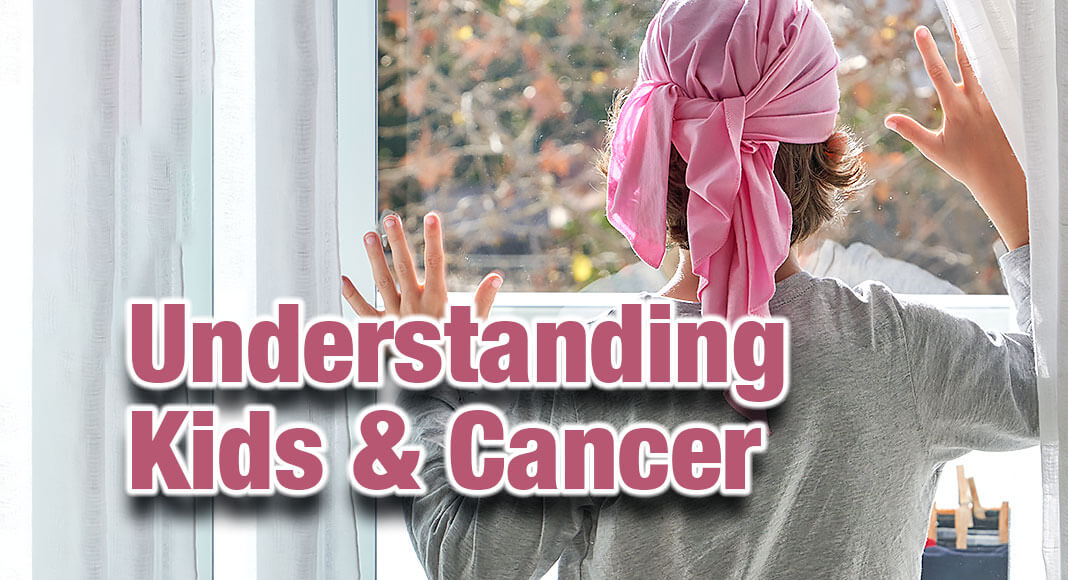
Mega Doctor News
New Brunswick, N.J. – Thanks to advances in treatments, 84 percent of children with cancer now survive five years or more according to the American Cancer Society, which is a large increase from 58 percent a just few decades ago. Some childhood cancer survivors will experience medical problems related to cancer therapy later in life known as “late effects,” however, impairment from cancer treatment may not be the only factor to consider. Karen Long-Traynor, PhD, clinical psychologist in the Pediatric Hematology/Oncology Program at Rutgers Cancer Institute of New Jersey, addresses the psychological effects of childhood cancer on children and their families.
What are some of the emotional effects of cancer on children and their families?
Overall, the majority of survivors of pediatric cancer are psychologically healthy; however, there is a subset of individuals who may experience significant anxiety, depression, or post-traumatic stress symptoms. Depending on the type of treatment and how disruptive it was to social and academic development, some survivors may show difficulty in these areas as well. Some symptoms that may suggest the need to talk with a mental health professional include changes in appetite or weight, crying easily, low energy level, feeling hopeless, increased irritability, increased worry or anxiety, unwanted memories about cancer and feeling fearful, upset, or anger when thinking about cancer.
How can psychosocial support help children transition into survivorship and what might these include?
Surprisingly, the transition into survivorship can be a challenging one. While it is exciting to complete treatment, it can be very anxiety provoking to no longer have frequent contact with the medical team. It is an adjustment to return to day to day life in which a fever no longer means a trip to the emergency room and nearly all survivors worry about relapse to some degree. Our psychosocial team helps children and families anticipate possible reactions during this transition and cope with whatever challenges arise during this transition and beyond. During active treatment and during long-term follow-up through our LITE (Long-term, Information, Treatment effects and Evaluation) program at Rutgers Cancer Institute, we provide psychosocial support such as emotional support, academic support, psychotherapy, and psychiatric services.
What advice do you have for childhood cancer survivors and their families for staying emotionally/physically healthy after treatment?
Know that it is common to have a range of emotions well into survivorship. Keeping physically active and engaging in meaningful activities go a long way to maintaining psychological health. If you are feeling depressed or anxious, talking with others can help. This may include talking with friends or family, other survivors, or receiving clinical treatment such as talk therapy or medication.










